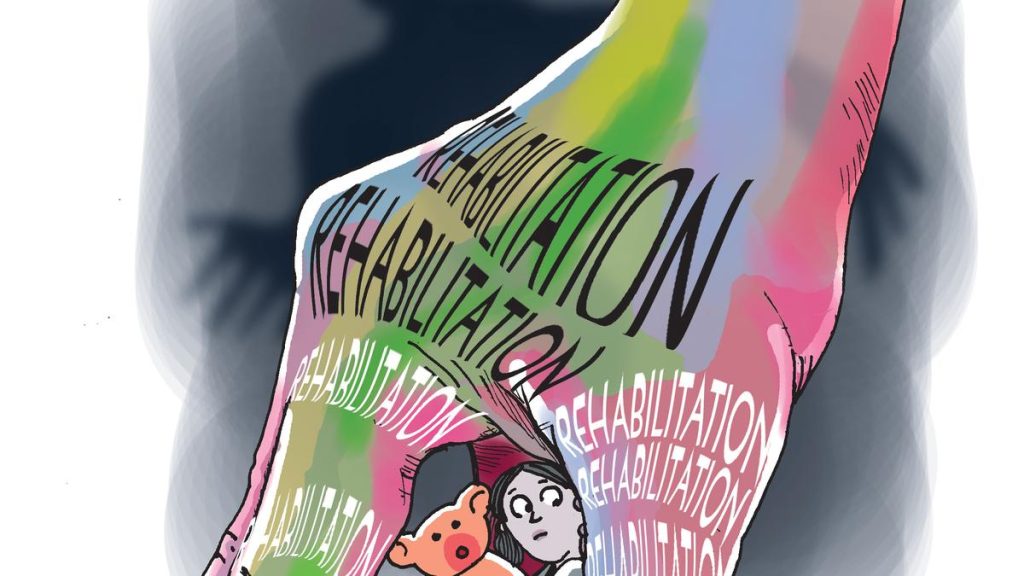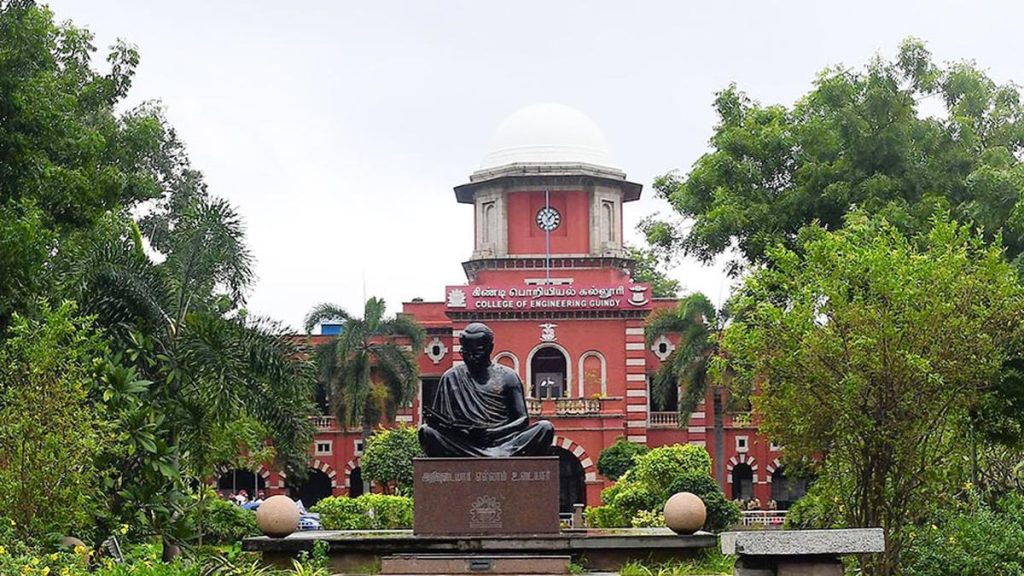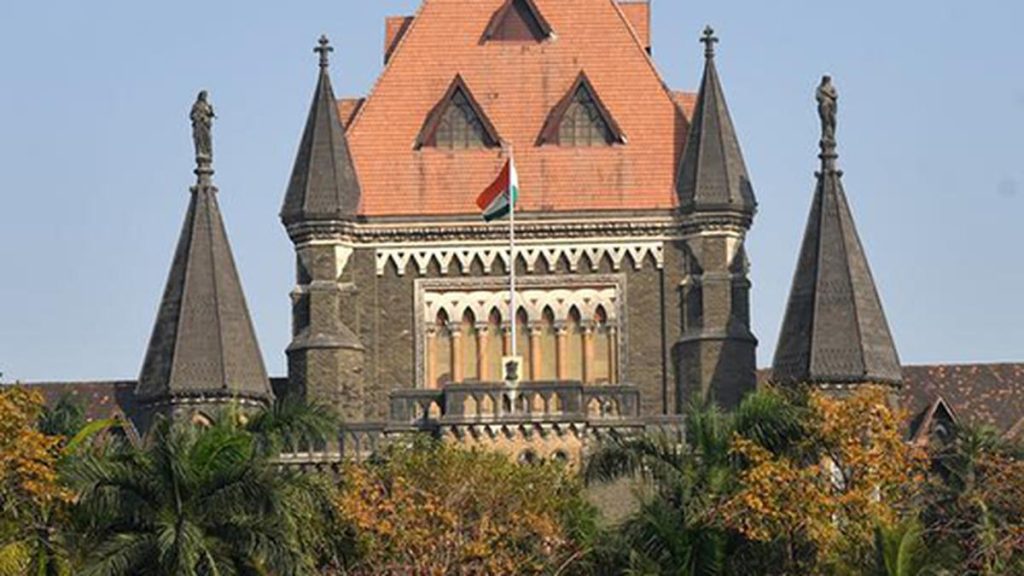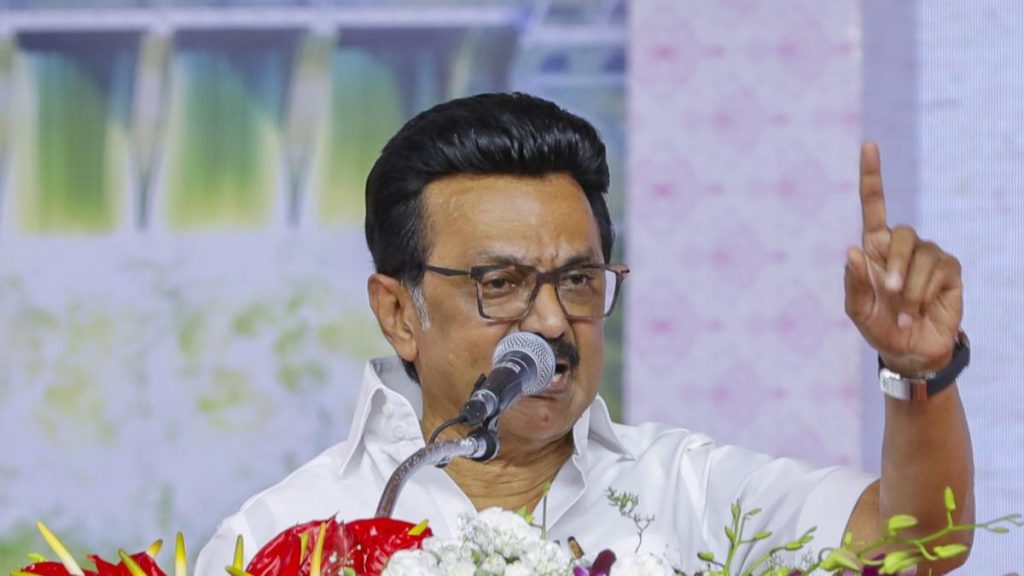Now Reading: AI Creates Novel Antibiotics to Combat Drug Resistance
-
01
AI Creates Novel Antibiotics to Combat Drug Resistance
AI Creates Novel Antibiotics to Combat Drug Resistance
Quick Summary
- Publication Details: Research article written by Iris Marchal published in Nature Biotechnology on 15 September 2025 (Volume 43, Page 1425).
- Study Focus: Exploration of generative AI to design novel antibiotic compounds using fragment-based approaches.
- Methodology:
– Graph neural network models screened over 45 million chemical fragments virtually against Neisseria gonorrhoeae and Staphylococcus aureus.
– Generative algorithms-genetic algorithm with chemically valid mutations and variational autoencoder-produced more than 7 million molecular candidates.
- Results for N. gonorrhoeae:
– synthesized two compounds from the candidates, including NG1.
– NG1 demonstrated potent antibiotic activity in vitro and reduced vaginal bacterial load in mice by compromising bacterial membranes via lipooligosaccharide export system protein LptA destabilization.
Indian Opinion Analysis
India has faced challenges related to growing antimicrobial resistance (AMR), which threatens public health systems nationally. The breakthrough use of generative AI presented here has the potential to revolutionize drug finding processes globally, enabling faster advancement of structurally novel antibiotics. this approach could be particularly impactful given india’s diverse infectious disease burden and reliance on affordable antimicrobials.
The synthesis of functional antibiotics like NG1 that successfully target resistant pathogens like Neisseria gonorrhoeae underlines the role technology might play in combating AMR-a growing concern worldwide but prominently reported across India. Incorporating such cutting-edge research with government-supported initiatives could foster collaborations that bridge healthcare needs domestically while enhancing India’s scientific contributions globally.
Relevant stakeholders-from policymakers to pharmaceutical companies-could find interest in adapting these AI-driven frameworks within Indian research institutions, potentially accelerating solutions tailored for regional pathogenic challenges.


























